
SCARS Institute’s Encyclopedia of Scams™ Published Continuously for 25 Years

What is a Victim Impact Statement?
A Victim Impact Statement is a written or oral statement presented to the court at the sentencing of the defendant. Many times victims, their family members, and friends of the victim participate in both written and verbal statements. More often than not, numerous individuals write letters to the sentencing judge, and only a few of those directly connected to the crime speak at sentencing. Victim Impact Statements were created as an opportunity for the judge to hear how a criminal action has affected you and those that you love. Victim Impact Statements are not limited to the courts. Many times, probation or paroling agencies allow for an opportunity to present a statement as well.
How to Write a Victim Impact Statement?
As you are preparing your impact statement, you may find that using the following questions can guide you. Remember that writing about your feelings may be very painful, so be sure to pace yourself and don’t feel that you need to have it “perfect”. Be gentle with yourself and take as many breaks as you need. As you are preparing your statement, you may find that the following questions can guide you:
- How did the crime affect you and your family?
- What was the emotional impact of the crime on you and your family?
- What was the financial impact on you and your family?
- Do you have any recommendations for the court about the disposition (sentencing) of this case?
- Is there anything else you would like to tell the court?
The above guidelines do not cover the totality of the impact of crime but may be used as a starting point. Victim Impact statements are unique to you and people have various ways of expressing how crime has affected them. Even though guidelines are typically given to you before sentencing, and there is much flexibility in how you present your statement, there are things you will need to take into consideration.
When Creating A Victim Impact Statement Include This:
Write simply and descriptively. Your goal is to help the court feel your trauma. While nobody can truly understand what you are feeling, you can help others identify with your trauma by using feeling-evoking words and phrases. Using descriptive words can help people form an image of what you are saying.
Scam Victim Impact Statement Example:
I was the victim of this person who deliberately manipulated me and stole my future in the cruelest possible way. He made me fall in love with a fake identity tht I truly believed was a real person, then manipulated me to drain my savings just so he could live a better life. Even at the end, he know how devestated I was when I found out and he just laughed and said I should kill myself. The loss of my savings means that I have no security in my future and I am now dependent on my family, something I never though I would. The trauma I have experienced from this has left me with long lasting PTSD and other psychological and emotional harm that I will live with all my life – all because this criminal wanted more bling.
- Do address the judge, or paroling authority, when you speak. Such as “Dear Presiding Judge Overseeing The Case Of …” You may want to talk directly to the offender. If this is something you want to do, ask permission from the judge first. You can still say what you need regarding the offender through the judge.
- Do ask permission if a picture is part of your statement. More often than not this is allowed, but any visual aids you utilize will need permission from the court first.
- Do write out your statement in advance. Presenting a statement is emotional. You may think you know what you want to say but when the time comes, your emotions could take over and your train of thought is lost. If this occurs, you can read directly from your statement.
- Do have an alternate person that can read your statement in case you cannot finish.
When Creating A Victim Impact Statement DO NOT Include This:
- Don’t directly express your anger toward the court or the offender. Your goal is to express your hurt and your pain, not to blame. The blame has already been placed on the offender, so now is the time to talk about what you have been experiencing through your loss.
- Don’t use unsuitable language, as it will diminish the effectiveness of your statement.
- Don’t describe what you want to happen to the offender in prison. Please do not get descriptive about any harm you would like to see imposed.
- Don’t put personal, identifying information in your letter and do not say it verbally in court. This includes your physical address, mailing address, email address and phone number. The offender will be provided copies of all letters submitted. If you state this out loud in court, it will be another opportunity for the offender to contact you in the future.
What Happens to your Victim Impact Statement? Do You Have to Read it in Court?
It depends on where the trial will be. If Nigeria for example, it is impractical to go there, so your statement is the only way you can be heard!
Preparing and presenting an impact statement in court, or in front of a paroling or probation agency, can be intimidating. If you do not think you can physically stand in front of the offender and read your statement, have an alternate in mind beforehand. It does not matter who presents your statement as long as you have identified this person in advance. Many times, victim advocates are asked to present impact statements. It does not have to be a victim advocate and should be someone you feel comfortable expressing your words.
If you submit a letter, this will become part of the court file, the prosecutor’s file, and the defense’s file. Victim Impact Statements can also be included in the offender’s Department of Corrections file. It could be subject to public disclosure. This is why it is essential to not include contact information in your statements, written or verbally.
Why Write a Victim Impact Statement?
It is not mandatory you write an impact statement. This is a right you have but not one you have to participate in. Many choose not to participate. There are several reasons why Victim Impact Statements are beneficial. The reasons stated below are just a few.
- The judge gets to hear your side of the story. This is usually the first time this occurs. Throughout the criminal justice process, the focus is on the offender. Hearing from those that are affected by the crime puts a face to an often forgotten victim.
- You have a chance to tell the judge how you want sentencing to occur. More often than not, cases conclude by a plea offer. Many times the prosecutor and defense have agreed to a recommended amount of time. The judge is not bound by that agreement. You can make a difference in the amount of time an offender receives by speaking up. This is true in cases that go to trial as well.
- You have the opportunity to address the court, and the offender by way of the court, about how the crime has affected you. Many find this helpful in the journey of victimization. Letting those know how they harmed you can be beneficial for emotional well-being.
- The impact statement becomes part of the offender’s permanent file. It is a reminder of the harm they caused you.
Where To Send Them?
Contact your local police or District/State Attorney/Prosecutor’s office for how to submit one.
How To Submit Information To The EFCC In Nigeria
- In the case of foreign trials, such s with the EFCC – send them by email to the agency involved. Their email address is: info@efcc.gov.ng
- Be sure to identify the defendant that this relates to
- Be sure to tell them that you wish to have your statement submitted to the trial judge for consideration during sentencing
- Include a section clearly identified as “Victim’s Impact Statement”
- Send a copy to us at SCARS so that we can also observe the EFCC’s actions and discuss it with them if needed. Our email address is: Contact@AgainstScams.org
- If you do not know who your criminal is, you can send a statement for any defendant that you choose. But include in the impact statement that you do not know who the criminal is that defrauded you, and you want to speak about the impact that all criminals that engage in this type of fraud have on their victims.
We wish you all the best in doing this.
Portions from third-party sources.
-/ 30 /-
What do you think about this?
Please share your thoughts in a comment below!
Table of Contents
- Criminal Justice Process For Scam Victims
- What is a Victim Impact Statement?
- How to Write a Victim Impact Statement?
- When Creating A Victim Impact Statement Include This:
- When Creating A Victim Impact Statement DO NOT Include This:
- What Happens to your Victim Impact Statement? Do You Have to Read it in Court?
- Why Write a Victim Impact Statement?
- Where To Send Them?
LEAVE A COMMENT?
Thank you for your comment. You may receive an email to follow up. We never share your data with marketers.
Recent Comments
On Other Articles
- on Love Bombing And How Romance Scam Victims Are Forced To Feel: “I was love bombed to the point that I would do just about anything for the scammer(s). I was told…” Feb 11, 14:24
- on Dani Daniels (Kira Lee Orsag): Another Scammer’s Favorite: “You provide a valuable service! I wish more people knew about it!” Feb 10, 15:05
- on Danielle Delaunay/Danielle Genevieve – Stolen Identity/Stolen Photos – Impersonation Victim UPDATED 2024: “We highly recommend that you simply turn away form the scam and scammers, and focus on the development of a…” Feb 4, 19:47
- on The Art Of Deception: The Fundamental Principals Of Successful Deceptions – 2024: “I experienced many of the deceptive tactics that romance scammers use. I was told various stories of hardship and why…” Feb 4, 15:27
- on Danielle Delaunay/Danielle Genevieve – Stolen Identity/Stolen Photos – Impersonation Victim UPDATED 2024: “Yes, I’m in that exact situation also. “Danielle” has seriously scammed me for 3 years now. “She” (he) doesn’t know…” Feb 4, 14:58
- on An Essay on Justice and Money Recovery – 2026: “you are so right I accidentally clicked on online justice I signed an agreement for 12k upfront but cd only…” Feb 3, 08:16
- on The SCARS Institute Top 50 Celebrity Impersonation Scams – 2025: “Quora has had visits from scammers pretending to be Keanu Reeves and Paul McCartney in 2025 and 2026.” Jan 27, 17:45
- on Scam Victims Should Limit Their Exposure To Scam News & Scammer Photos: “I used to look at scammers photos all the time; however, I don’t feel the need to do it anymore.…” Jan 26, 23:19
- on After A Scam, No One Can Tell You How You Will React: “This article was very informative, my scams happened 5 years ago; however, l do remember several of those emotions and/or…” Jan 23, 17:17
- on Situational Awareness and How Trauma Makes Scam Victims Less Safe – 2024: “I need to be more observant and I am practicing situational awareness. I’m saving this article to remind me of…” Jan 21, 22:55
ARTICLE META
Important Information for New Scam Victims
- Please visit www.ScamVictimsSupport.org – a SCARS Website for New Scam Victims & Sextortion Victims
- Enroll in FREE SCARS Scam Survivor’s School now at www.SCARSeducation.org
- Please visit www.ScamPsychology.org – to more fully understand the psychological concepts involved in scams and scam victim recovery
If you are looking for local trauma counselors please visit counseling.AgainstScams.org or join SCARS for our counseling/therapy benefit: membership.AgainstScams.org
If you need to speak with someone now, you can dial 988 or find phone numbers for crisis hotlines all around the world here: www.opencounseling.com/suicide-hotlines
A Note About Labeling!
We often use the term ‘scam victim’ in our articles, but this is a convenience to help those searching for information in search engines like Google. It is just a convenience and has no deeper meaning. If you have come through such an experience, YOU are a Survivor! It was not your fault. You are not alone! Axios!
A Question of Trust
At the SCARS Institute, we invite you to do your own research on the topics we speak about and publish, Our team investigates the subject being discussed, especially when it comes to understanding the scam victims-survivors experience. You can do Google searches but in many cases, you will have to wade through scientific papers and studies. However, remember that biases and perspectives matter and influence the outcome. Regardless, we encourage you to explore these topics as thoroughly as you can for your own awareness.
Statement About Victim Blaming
SCARS Institute articles examine different aspects of the scam victim experience, as well as those who may have been secondary victims. This work focuses on understanding victimization through the science of victimology, including common psychological and behavioral responses. The purpose is to help victims and survivors understand why these crimes occurred, reduce shame and self-blame, strengthen recovery programs and victim opportunities, and lower the risk of future victimization.
At times, these discussions may sound uncomfortable, overwhelming, or may be mistaken for blame. They are not. Scam victims are never blamed. Our goal is to explain the mechanisms of deception and the human responses that scammers exploit, and the processes that occur after the scam ends, so victims can better understand what happened to them and why it felt convincing at the time, and what the path looks like going forward.
Articles that address the psychology, neurology, physiology, and other characteristics of scams and the victim experience recognize that all people share cognitive and emotional traits that can be manipulated under the right conditions. These characteristics are not flaws. They are normal human functions that criminals deliberately exploit. Victims typically have little awareness of these mechanisms while a scam is unfolding and a very limited ability to control them. Awareness often comes only after the harm has occurred.
By explaining these processes, these articles help victims make sense of their experiences, understand common post-scam reactions, and identify ways to protect themselves moving forward. This knowledge supports recovery by replacing confusion and self-blame with clarity, context, and self-compassion.
Additional educational material on these topics is available at ScamPsychology.org – ScamsNOW.com and other SCARS Institute websites.
Psychology Disclaimer:
All articles about psychology and the human brain on this website are for information & education only
The information provided in this article is intended for educational and self-help purposes only and should not be construed as a substitute for professional therapy or counseling.
While any self-help techniques outlined herein may be beneficial for scam victims seeking to recover from their experience and move towards recovery, it is important to consult with a qualified mental health professional before initiating any course of action. Each individual’s experience and needs are unique, and what works for one person may not be suitable for another.
Additionally, any approach may not be appropriate for individuals with certain pre-existing mental health conditions or trauma histories. It is advisable to seek guidance from a licensed therapist or counselor who can provide personalized support, guidance, and treatment tailored to your specific needs.
If you are experiencing significant distress or emotional difficulties related to a scam or other traumatic event, please consult your doctor or mental health provider for appropriate care and support.
Also read our SCARS Institute Statement about Professional Care for Scam Victims – click here to go to our ScamsNOW.com website.


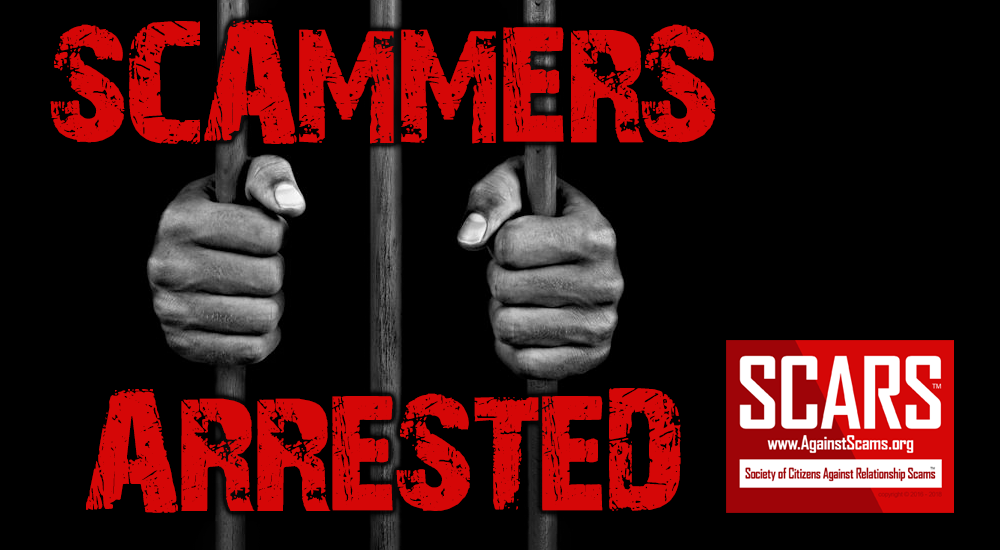
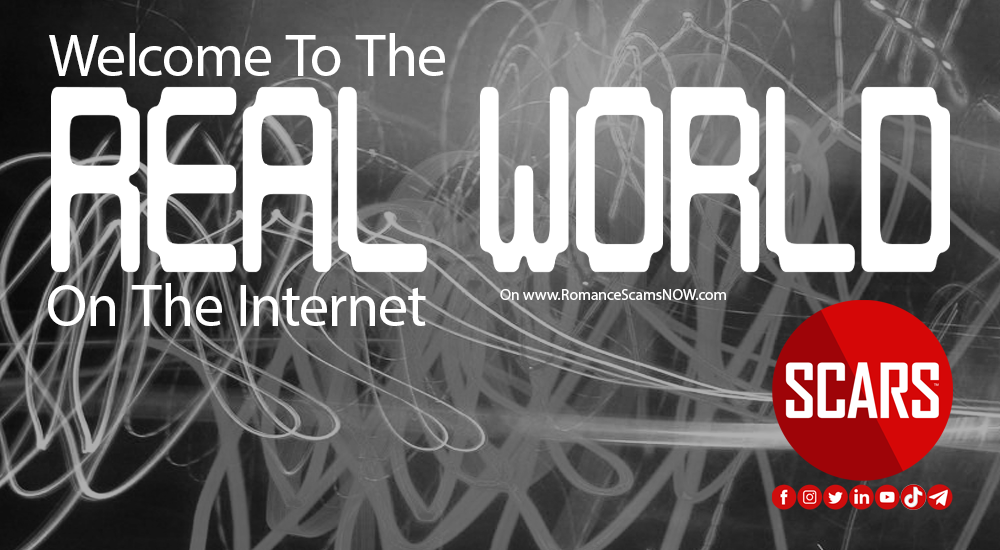
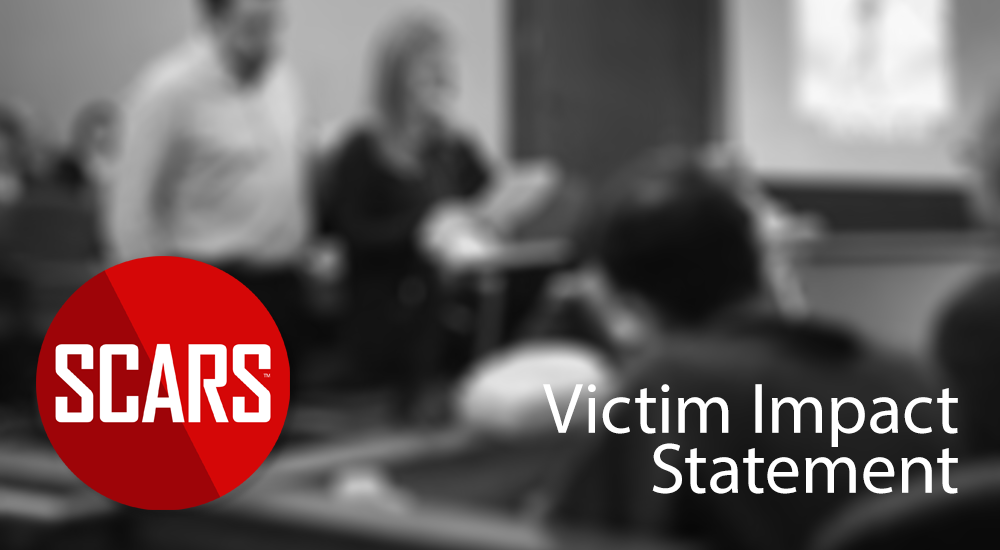


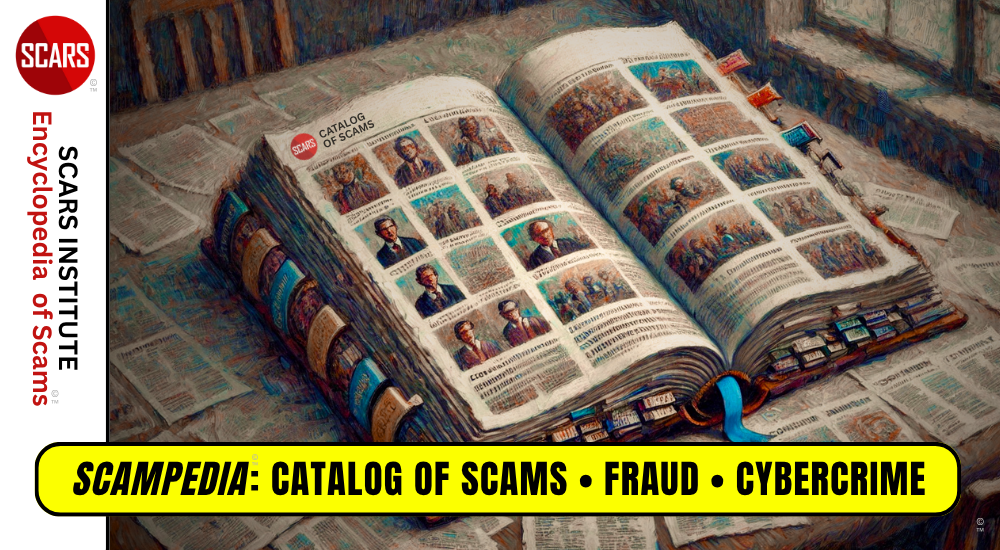


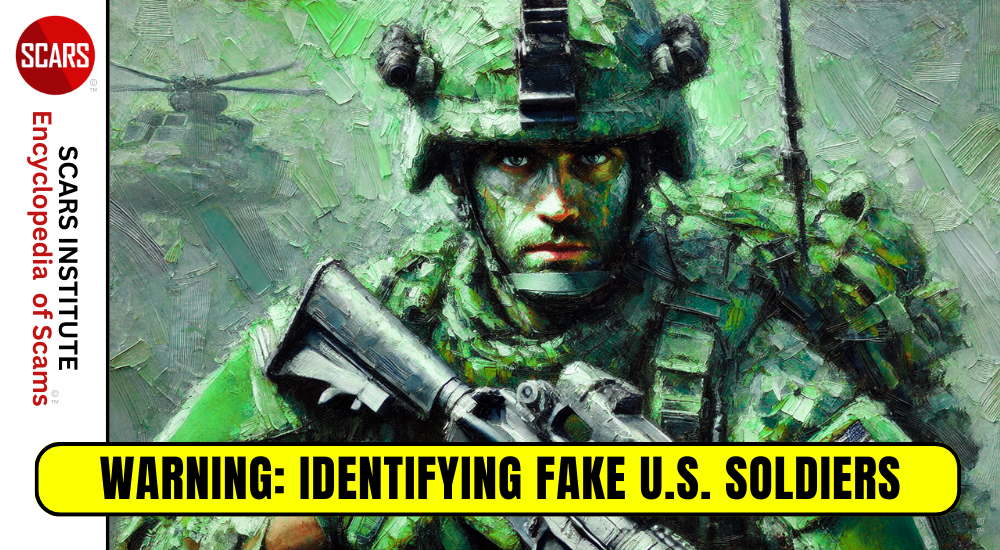





Thank you for a very helpful article.